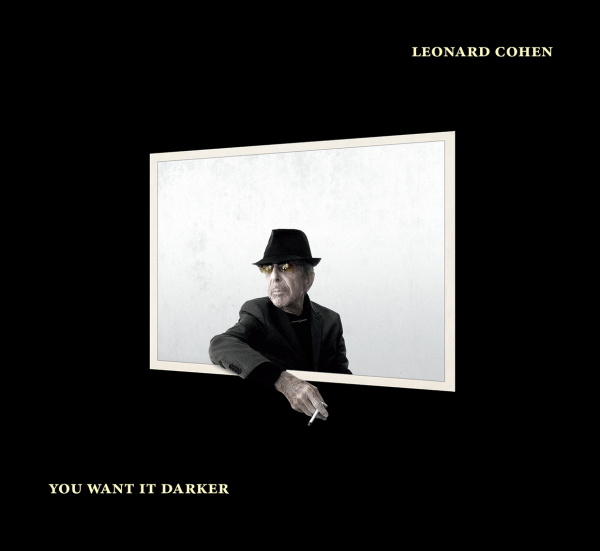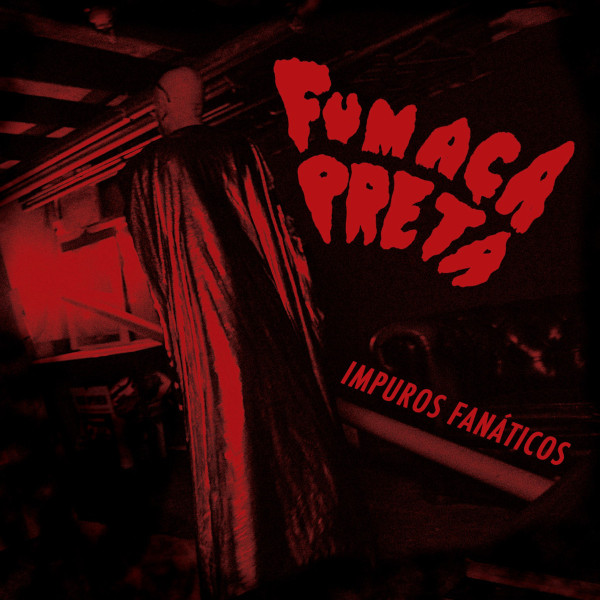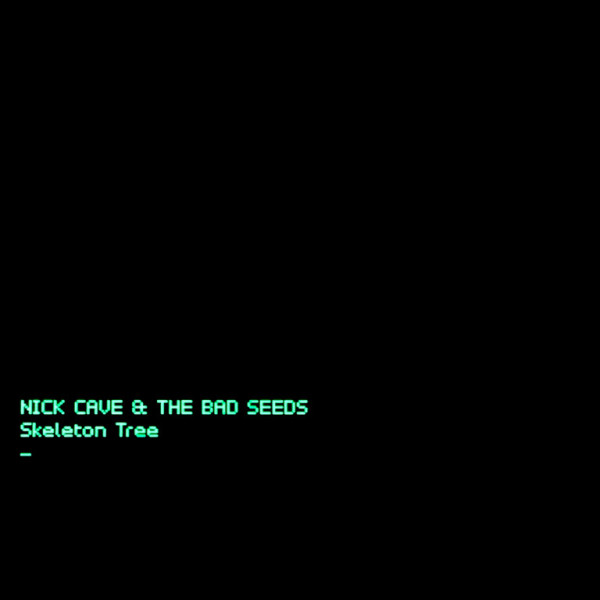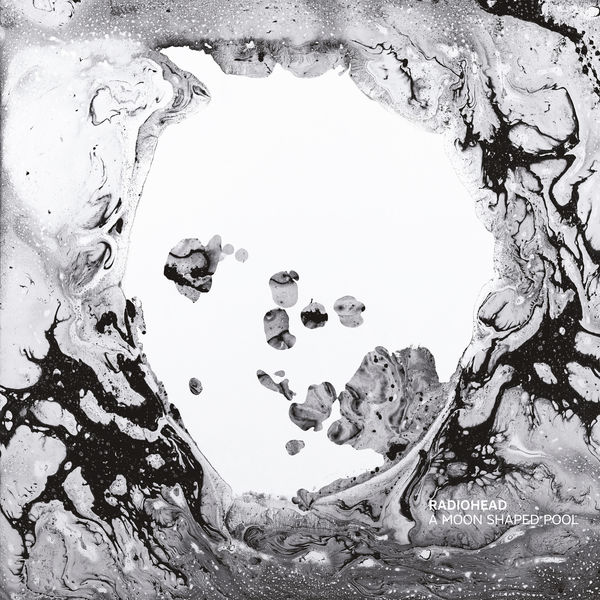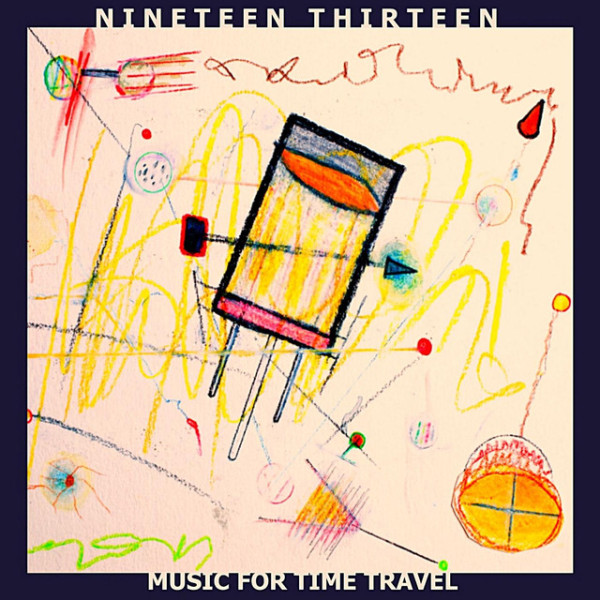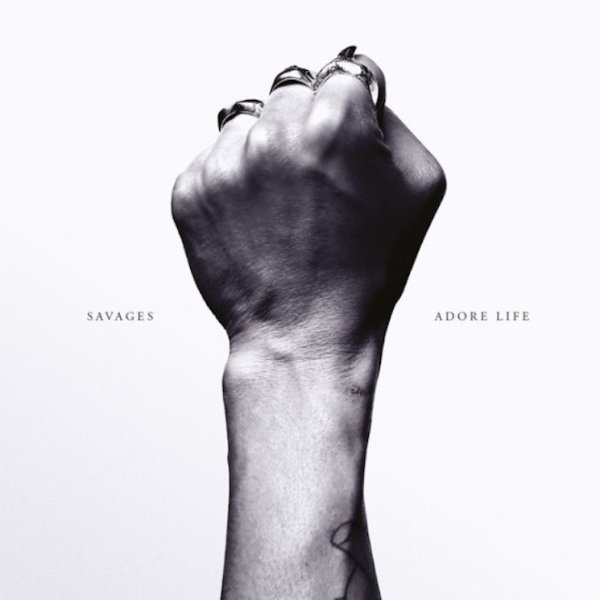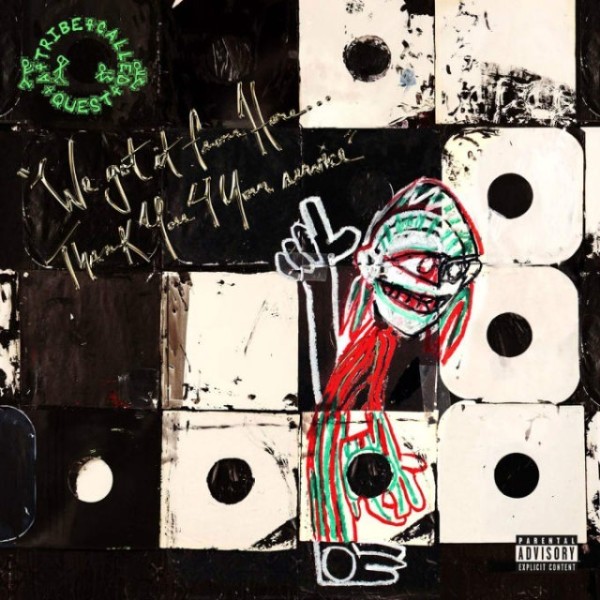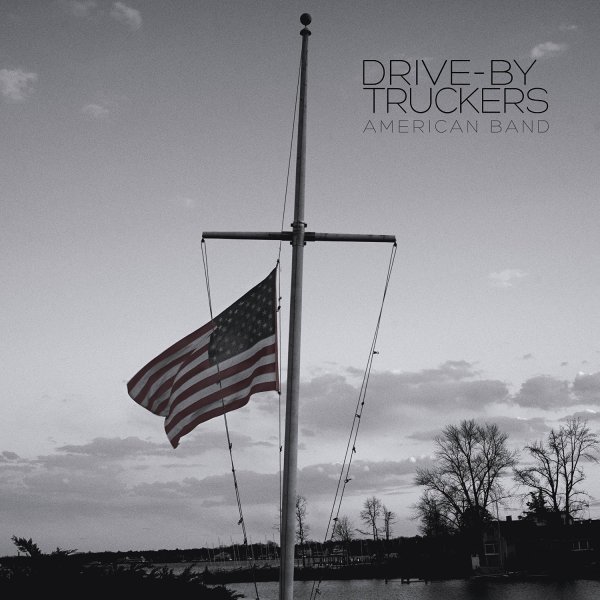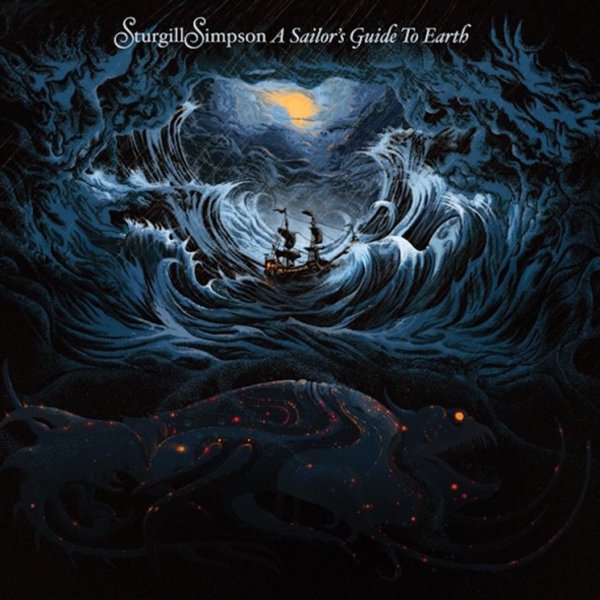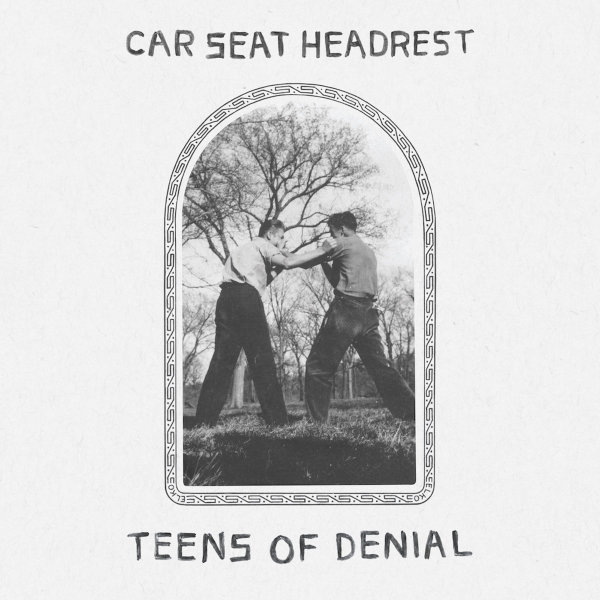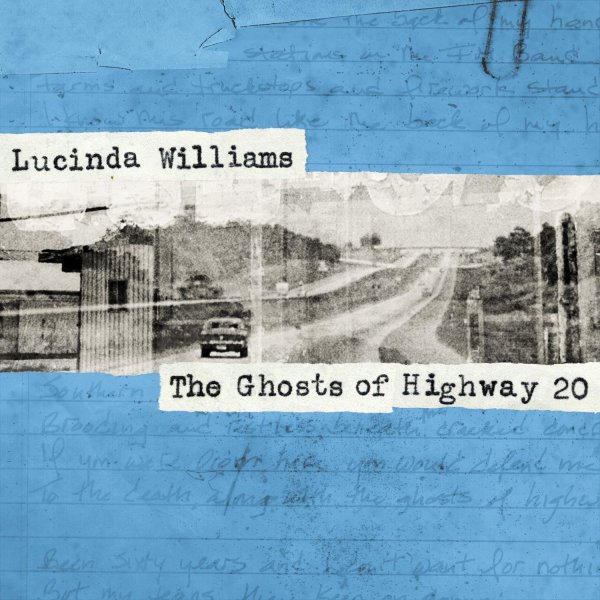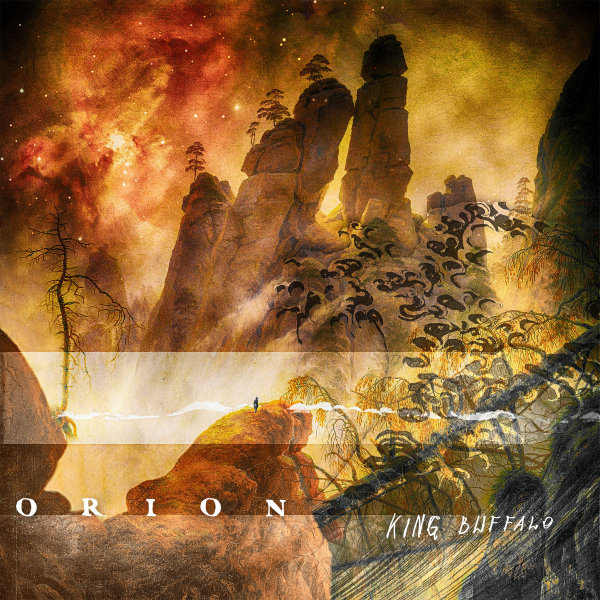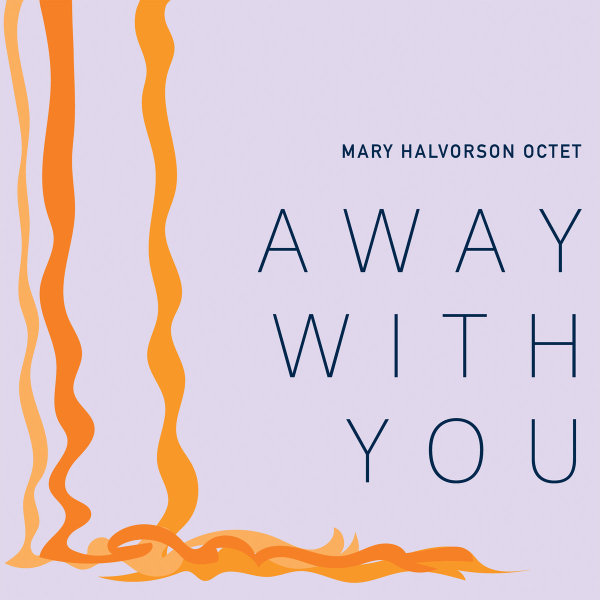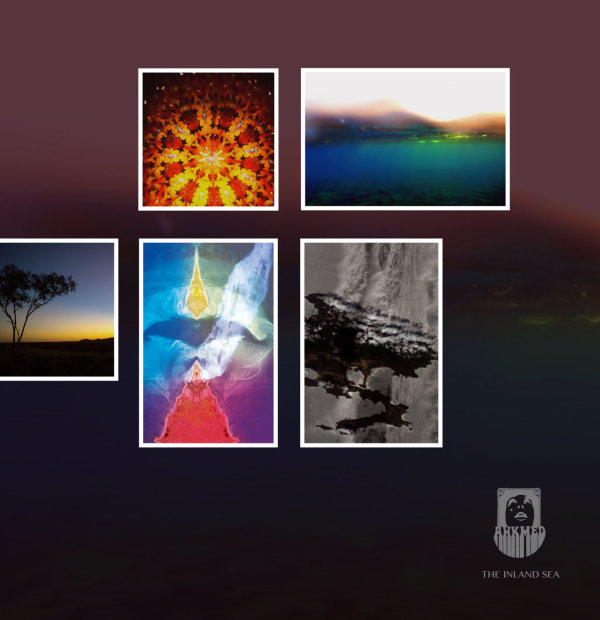LEONARD COHEN
You Want It Darker
(Columbia)
Everybody knows that 2016 was a cruel and unusual year. Intolerably cruel. Everybody knows that war is over and everybody knows the good guys lost. So I am only half-kidding when I ask: How can we possibly be expected to endure the abominable presidency of Donald Trump without David Bowie, Prince or Princess Leia? But I’m dead serious when I say we can’t do this without Leonard Cohen, who died at the ripe old age of 82 on the day before the election. As ever, his timing was impeccable. It goes without saying that he’d seen the future, baby, and it is spray-tanned murder. A few weeks prior to his departure, he’d released You Want It Darker, one part deathbed confessional, one part last will and testament, one part love letter to all he can’t leave behind.
This collection of prayers for the doomed is arguably the most perfect album-length statement in his sacred canon. Like all prime Cohen, it is marked by astonishing verbal acuity and a high-def philosophical clarity that coalesces into a kind of metaphysical calligraphy carved in stone by the Old Testament prophet gravitas of his voice, that patented sepulchral purr that has been getting liberal arts majors laid since at least 1967. He’s never sounded more certain or fearless, or closer to death, so near you can almost hear the Grim Reaper’s Vader-like breath on the back of his leathery neck as he croaks out lines like “I’m leaving the table, I’m out of the game,” “It’s au revoir,” and “I’m ready, Lord.”
Invariably spare and fleeting and surprisingly luminous, the music on You Want It Darker — a midnight jazz lowing in the moonlight, a monastic noir for the ears, and a quick stroll down Boogie Street for old time’s sake — is relentlessly faultless in arrangement, tonality and execution. The recording, overseen by his son Adam, ensures that everything is writ timeless and crystalline as befits the eternal verities he’s been tasked with preserving. History will rank the title track and “Treaty” next to “Bird On A Wire” and “Hallelujah,” a hundred floors above us in the Tower Of Song.
Because the thing about Leonard Cohen is that he was always right, always — even when he turned out to be wrong about, say, Rebecca DeMornay or trusting his manager with his money or his decade-long Zen hermitage atop Mt. Baldy. Because the incontrovertible koanic fact of the matter is that the way to always be right is always admit when you are wrong, acknowledge that was then but this is now. Or as he sings on “It Seemed The Better Way,” it “sounded like the truth, but it’s not the truth today.” Because today nothing is true, and when nothing is true everything is permitted. That is the crack in the center of everything, where the Putin gets in.
Look, nobody should be surprised that The Rapture came and only took Leonard Cohen but that doesn’t make it any less sad and lonesome. While I can’t blame an 82-year-old man with a splintering spine for getting on with the dirty business of dying, I can’t help but feel left behind on an abandoned ship in a darkening sea, still tending the flame of “a million candles burning for the help that never came.” In my prayers, I asked Leonard Cohen “How lonely does it get?” Leonard Cohen hasn’t answered me yet, but I can hear him coughing all night long, a million miles above us in The Great Beyond. — JONATHAN VALANIA
__________
FRANK OCEAN
Blonde
(Boys Don’t Cry)
The weekend of Aug. 19-20-21 was a relatively dull one. Donald Trump was sliding in the polls, several campaign surprises were still ahead, and the Olympic glow belonged to Usain Bolt. Oh, and Frank Ocean released the heady Blonde and its carpentry-packed companion video, Endless. Months later, R&B music that dropped suddenly but sweetly during the dog days still has sensuous and summery resonance, despite the intervening collapse of reality. It’s a singular triumph, for sure. Ocean’s aesthetic is intentionally dodgy at times (e.g. the voicemail from his mom), but tracks like “Pink + White,” “White Ferrari” and “Nights” are eternally gorgeous — they make sense on sleepless nights and skating rinks, too. The stink of 2016 can’t cling to them, no way. — JOE WARMINSKY
__________
FUMACA PRETA
Impuros Fanáticos
(Soundway)
I’ve had a large appetite for bands monkeying around in the deep psychedelic detritus left behind in Hendrix’s Electric Ladyland but nobody makes this terrain more their own like the Brazilian trio Fumaça Preta. While the band can lumber around in Sabbath’s dinosaur steps, without warning its drummer vocalist Alex Figuiera will bray like a goat and scream like a madman while breaking the music down to rural batucada beats and back again. Where many contemporary rock records are content to tickle my nostalgia and scratch my fuzz tone right where it itches, Fumaça Preta is a slap across the face that demands and deserves full attention. — DAN BUSKIRK
__________
NICK CAVE & THE BAD SEEDS
Skeleton Tree
(Bad Seed Ltd.)
“You fell from the sky/Crash landed in a field/Near the river Adur,” Nick Cave narrates, his voice cold and stark against the mesmerizing pulse of “Jesus Alone,” the song that opens Skeleton Tree, the 16th album from Nick Cave & The Bad Seeds. In the wake of the tragic and sudden loss of his son Arthur in 2015, the expectation that Cave’s follow-up to 2013’s Push The Sky Away would be heartbreaking was confirmed with Skeleton Tree, itself rife with somber and cathartic poetry. Though compositionally minimal, the album’s emotional density is, at times, almost too much to bear. By the end of “Magneto,” one of the Skeleton Tree’s more beautifully rendered offerings, the album’s psychic weight becomes almost suffocating. In “Anthrocene,” a percussive loop and ghostly melody propelling Cave’s vocal, his lamentations are turned to the world, an acquaintance with personal loss qualifying his closing advice: “Close your eyes, little world/And brace yourself.” — SEAN CALDWELL
__________
RADIOHEAD
A Moon Shaped Pool
(XL)
Maybe it seems too easy to put a Radiohead album on a best-of list, especially one composed, in part, of songs that have been in their live repertoire for years. But A Moon Shaped Pool, the band’s first in five years, is essential Radiohead, and Radiohead is still operating at a level of cerebral experimentalism and complex musicianship several degrees above most other bands. A Moon Shaped Pool is restrained—no cathartic guitar pyrotechnics, no electronic cacophony, few set-pieces for Thom Yorke’s unhinged dancing—but it’s deep with texture: stately rhythms offset by string arrangements (the orchestral strings are something new for a Radiohead album); plenty of shimmery acoustic guitar; Yorke’s melancholy and beautiful vocals. Songs unspool gently. Album closer “True Love Waits” has been around for over two decades: this perfect version, with its balance of sorrow and hope, was worth the wait, as was this album. — STEVE KLINGE
__________
NINETEEN THIRTEEN
Music For Time Travel
The Dream
(1913)
Closer to dream merchants than a band, NINETEEN THIRTEEN is comprised of ex-Violent Femmes drummer Victor DeLorenzo and classically trained cellist Janet Schiff, aided by a revolving cast of esteemed studio session players. Named after the year Schiff’s beloved cello was milled in Transylvania more than a century ago, NINETEEN THIRTEEN traffics in a kind of jazzy, retro-futuristic ambient noir of their own devising, mapping out a twilit sonic space where Brian Eno’s Music For Airports lays down with Miles Davis’ Kind Of Blue. Think neon signs blinking ominously behind a semi-opaque curtain of manhole steam. The crisp slap of wingtips on wet sidewalks. The dull hum of underground trains and sirens in the distance. Everyone wears famous blue raincoats and fedoras. Everyone smokes. There are two extant recordings, an LP called Music For Time Travel, released late last summer, and an EP called The Dream, released earlier this month, that comes billed as a tribute to Eno. Music For Time Travel is a series of prismatic snippets that vibe like soundtracks for imaginary films about secret wars and spies in skinny suits and vampires with diamonds on the souls of their shoes. If you listen closely, you can almost hear the black turtlenecks and Ray Bans in the warm thrum of upright bass, the pristine shuffle of snare, and the lowing moan of the cello. The highlight is a mesmerizing version of Gershwin’s aria “Summertime,” featuring the Valkyrie-like vocals of Monia and the dancing skeleton bass of legendary sideman Rob Wasserman (Lou Reed, Van Morrison, Elvis Costello). Good as Music For Time Travel is, The Dream is a giant step forward. The music not only vividly evokes distinctive moods, but sustains them long after lesser combo’s would have abandoned ship.“Arco Pizzicato” — built upon a slap-back echo drumbeat, a shivering cello, and dark washes of keyboard that recede into the infinite — clocks in at nine minutes-plus. Likewise, the album closing “#1913 Dream” — a ghostly lullaby of sprawling pneumatic drones prodded along by a gorgeously muted pinging — also clocks in at nine minutes plus but never ceases to enchant the ear. The spectral murk of “Walk Light” sounds like a marching band playing the halftime festivities of doomsday. The otherwordly “A Dream You Can’t Remember” straddles the fulcrum of the sinister and the sublime, with DeLorenzo’s son Malachi vamping ominously on bass. Highly recommended, The Dream is bewitching beginning to end. — JONATHAN VALANIA
__________
ANGEL OLSEN
My Woman
(Jagjaguwar)
All hail 2016’s Queen of Indie Rock, Angel Olsen. Her Majesty’s fourth full-length album proved to be the record that plunged the 29-year-old singer/songwriter into the mainstream. Coming off the heels of Burn Your Fire For No Witness, Olsen decided to top herself by writing some of not only the catchiest stuff she’s ever written, like “Shut Up Kiss Me,” but some of her most introspective and tempestuous music to boot, like “Sister” and “Heart Shaped Face.” Olsen touches on a variety of genres, including synthpop (“Intern”), Spanish guitar style music (“Never Be Mine”), and straight up feel good rock and roll (“Shut Up Kiss Me”) in her album’s quest to explain what she calls “the complicated mess of being a woman.” Now kneel before the Queen. — TOM BECK
FAT WHITE FAMILY
Songs For Our Mothers
(Fat Possum)
There is nothing going like Fat White Family. If Rock and Roll is dying, FWF may have managed to resuscitate it, if only briefly by pumping puke breath and tinfoil smoke directly into it’s rotten lungs. With say-nothing pitchfork bands like Porches currently enjoying a vogue by sitting around and writing songs about breath, or something, it’s nice to know there are genuine crazies still out there. Not since Captain Beefheart has anyone made pop-music so unsettling and brilliant. — JAMES DAVIS
__________
HINDS
Leave Me Alone
(Lucky Number)
On the other end of the spectrum is Hinds, four young women from Spain writing music that is both sunny, catchy, but most of all startlingly authentic feeling. In my opinion authenticity is at a premium in this year of our lord, and any group that can effortlessly evoke something like real, actual life should be worth their weight in gold. If anything, the lesson to be learned from Hinds is that writing a good song is something very rare, but you know it when you hear it. How simple it might be hardly enters the equation. — JAMES DAVIS
__________
SAVAGES
Adore Life
(Matador)
If love is a many splendored thing, one of those splendors is anger. That is the premise, and the joy, of Savages’ Adore Life. “This is what you get when you mess with love,” singer Jenny Beth proclaims, rapidly and accusingly, and she could be addressing either the giver or the receiver of love. The London quartet extends the lineage of punk feminists such as X-Ray Spex, Siouxsie and the Banshees, and Sleater-Kinney; they’re intellectuals with a penchant for manifestoes and complex ideas, but they also love the cathartic power of noisy, unvarnished post-punk guitar rock. When Beth sings, “I adore life,” it’s a reminder in the face of disappointment rather than a happy affirmation, although the song’s ominous intensity is itself life-affirming. Adore Life is messy, angry and altogether splendid. — STEVE KLINGE
__________
LAKE STREET DIVE
Side Pony
(Nonesuch)
You know what you’re in for from the moment you first hear the bass riff in Side Pony’s opening track “Godawful Things”: A scrumptiously toe-tapping collection of vocal-driven, soul-pop jams from four schooled musicians. But Lake Street Dive, who met while attending Boston’s highly regarded New England Conservatory of Music, know more than just their scales; they know how to make you get up and dance. Labeling the band with a single genre is impossible, as the band incorporates soul, pop, blues, rock, jazz, folk, Motown, and more. You name the genre, and it’s probably in there somewhere. The album’s ballads (“So Long,” “How Good It Feels”) perfectly complement its high energy songs (“I Don’t Care About You,” “Spectacular Failure”), and everything in between is a bonus. — TOM BECK
__________
A TRIBE CALLED QUEST
We Got It From Here…Thank You 4 Your Service
(Epic)
There were two groundswells for We Got It from Here… Thank You 4 Your Service: One by the loyalists and nerds who dove in unconditionally, and then another by people whose Gen X skepticism eventually crumbled. The result is a rare case in which the hype (“Phife Dawg didn’t die in vain, yo”) and the word of mouth (“seriously, man, you should check it out”) were equally productive. As a comeback record, it’s a hoot, and as a stand-alone boom-bap opus, it’s elite. Think of it like an arty Western: Q-Tip and the original gang go looking for gunslinging allies (Busta Rhymes, Jack White), but the theme isn’t revenge or justice — it’s the question of relevance. The way to answer it, of course, is with love of oneself and one’s crew. For without that love, you’ll never greet the devil with a twinkle in your eye. — JOE WARMINSKY
__________
DRIVE-BY TRUCKERS
American Band
(ATO)
The 11th album by these beloved sons of the Dirty South finds a great American band at their peak. The laser focus of principle singer-songwriters Mike Cooley and Patterson Hood on political issues like the Confederate flag, police killings, gun control, and racism gives American Band its mule-kick power. The record leads off with “Roman Casiano,” which is about a young immigrant who was murdered 75 years ago by Harlan Carter, who would one day lead the NRA. (Carter never served jail time for the murder.) “What It Means” is a simple yet powerful response to police shootings of unarmed African-Americans in 2014, events that both Hood and Cooley cite as the catalyst for the blunt approach on this release. “Surrender Under Protest” and “Darkened Flags On The Cusp of Dawn” finds Cooley and Hood addressing the confederate flag controversy. On “Once They Banned Imagine,” Cooley writes about Clear Channel’s head-scratching decision following 9/11 to put John Lennon’s Imagine on a list of banned songs. The musical style may be somewhat tamer on this release, less Alabama ass whuppin’ and more introspection and sadness, but the result is no less intense. As Mike Cooley says, “No bones about it…I wanted to piss off the assholes.” — MIKE WALSH
__________
SWANS
The Glowing Man
(Young God Records)
The Glowing Man is the final installment of what has proven to be a stunningly prolific and creative stretch for Michael Gira’s latest iteration of Swans. Having revived Swans in 2010 with the excellent My Father Will Guide Me Up a Rope to the Sky after a lengthy period of inactivity, Gira’s vision grew exponentially in scope with every subsequent release, his soundscapes rich with layered repetition and terrifying crescendos. Over the course of its almost 2-hour runtime, The Glowing Man constantly challenge listeners, tempting accusations of pretension and self-indulgence with lengthy intros (“Cloud of Unknowing”) and a penchant for compositional ruts (“The World Looks Red/The World Looks Black”). But, for all its excesses, the album pulses with unbridled energy and a seemingly limitless imagination, ideas that result in something enormous and distinct. Yes, The Glowing Man is a heavy listen, but only if you mean heavy on reward. — SEAN CALDWELL
__________
STURGILL SIMPSON
A Sailor’s Guide To Earth
(Atlantic)
A Sailor’s Guide to Earth retains all of the strengths of Sturgill Simpson’s 2014 breakout Metamodern Sounds in Country Music — the big Waylon Jennings baritone, the tearjerkers, and the relentless existential strife, but it also includes a few take-no-prisoners rockin’ raveups and some Memphis soul and funk. Throw in a couple concepts and a Nirvana cover, and you’ve got a stew that works surprisingly well within the country framework of his music. A Sailor’s Guide is a letter to Simpson’s newborn son. The first song, “Welcome to Earth (Pollywog),” is Simpson’s lullaby/apology to his son for not being at home with him more. Simspon’s heartache is wrenching on this and other songs to his newborn. He folds this concept around a nautical motif, his yearning for home wrapped up in the stress of a sailor’s life. Turns out that Simpson spent several years in the Navy traversing the seas, so he experienced the pitfalls of such a life. Somehow these two concepts make sense within Simpson’s music. This is Simpson’s first release on a major label, and he used the label backing to bring in the Dap-Kings, who appear on about half the songs. It was a wise decision. The up-tempo horns provide relief from Simpson’s downer inclinations and merge surprisingly well with Dan Dugmore’s ever-present and ass-kicking slide. The other charming surprise is Simpson’s cover of Nirvana’s “In Bloom.” Simpson’s gentle reading gives that classic a new perspective and power — a young boy seeking his place in the world. Imagine George Jones singing Kurt Cobain. Memories are made of this. — MIKE WALSH
__________
CAR SEAT HEADREST
Teens Of Denial
(Matador)
Car Seat Headrest is the musical outlet of 24-year-old wunderkind Will Toledo. Working at a prolific Dylan-in-the-60’s pace, Toledo has released 13 albums in a short six year long career including this year’s Teens of Denial, which sounds like what would’ve resulted if a properly medicated Lou Reed had joined Television instead of the Velvets. Teens of Denial is a blast of indie rock perfection that coasts to an easy victory on thrashing waves of glorious guitar wankery, a bed of galloping drums and the occasional blast of a lonesome mariachi trumpet. Over 70 minutes Toledo laconically speak-sings and navigates his way through a maze of slackers, hippies, unforgiving girls and killer whales while creating one of those albums that makes you fall in love with a different song every time you listen to it. — PETE TROSHAK
__________
SONIC LIBERATION 8
Bombogenic
(High Two Recordings)
Philadelphia’s Kevin Diehl has morphed his percussion-driven Sonic Liberation group into numerous shapes and sizes over their fifteen year history. After a collaboration with free jazz drum innovator Sunny Murray and a set dedicated to Sun Ra’s Arkestra, Sonic Liberation’s latest brings in elder statesman Oliver Lake and his saxophone, joined by the experimental string group the Classical Revolution Trio. While the Afro-Cuban drum grooves still pulse beneath everything, the string trio bolsters a moving version of Satie’s “Gnossienne” and the second side sets the band loose on a trio of the great Lake’s memorable original compositions. The project is as smart, passionate and engaging as any jazz release out this year. — DAN BUSKIRK
__________
LUCINDA WILLIAMS
The Ghosts of Highway 20
(Universal Music)
The Ghosts Of Highway 20 is an 86-minute lonesome dustbowl meditation on love and mortality that finds Williams’ sounding weary and ghost-addled, looking back on the long jagged highway of life and trying to make some sense of it all. On her journey Williams is ably abetted by revered jazz guitarist Bill Frisell, who throughout the length of the album spins spidery cobwebs of his inimitable spectral echo-and-decay guitar lines around Williams beautifully cracked and weathered vocals to stunning effect. Among the highlights is the haunting “House of Earth” which features lyrics written by Woody Guthrie and used by Williams at the behest of Guthrie’s daughter and the nine minute biographical sound painting “Louisiana Story” which reads like a long lost classic poem by William Carlos Williams. The emotional centerpiece of the album is the title track, a seven-minute white line apocalyptic fever dream that finds Frisell delivering guitar lines straight from the astral plane and Williams referencing “the final days” and uttering lines like “every exit leaves a little death,” a fitting description of 2016’s fade to black. — PETE TROSHAK
__________
KING BUFFALO
Orion
(Band Camp)
I have a tradition where every July my headphones and I take a midnight beach walk on the Redneck Riviera (aka the Florida panhandle) and debut some album that I have been eagerly anticipating. This year that album was Orion from King Buffalo, whose 2013 demo yielded the epic “Providence Eye.” This year, conditions were glorious with a heat-lightning storm over the water providing an orange-and-white light show to add to the feel of the water and the crash of the music. I started my walk, and the album, and then….not much. I couldn’t believe it wasn’t amazing. I was disappointed. And it took me several subsequent listens to figure out why: the first three songs are the appetizer. The main course starts with the fourth track, “Kerosene”, a hearty helping of wailing guitar served over a bed of Navajo sandstone with a side of awesome sauce. — MIKE WOLVERTON
__________
MARY HALVORSON
Away with You
(Firehouse 12)
Physically, Mary Halvorson’s prim librarian visage doesn’t summon past images of guitar gods but over the last few years axe-wielder Mary Halvorson has been the must-hear instrumentalist on the improvised music scene. Halvoson’s playing can be heard over dozens of releases over the last decade, playing with everyone from indie rockers Make A Rising to avant garde master Anthony Braxton, always finding new aural landscapes to flaunt her elastic, tone-bending sounds. She molds all those experiences into something unique on her own releases, particularly her latest, Away With You. Her octet, half male/half female (something increasingly common in modern jazz) brings two other unique string players into the mix, cellist Tomeka Reid and pedal steel player Susan Alcorn. Listening to Halvorson pitch-twisting runs dancing along Alcorn’s soaring steel summons textures never heard before while Halvorson’s melodic but restless compositions, filled with witty asides, make for the type of record that pulls you in deeper with each listen. — DAN BUSKIRK
__________
AHKMED
The Inland Sea
(Elektrohasch Schallplatten)
This one is a grower. You can put it on in the background while working and after the scuzzy/fuzzy start it soons turns spacey and exploratory. Both sparse and lush. And pleasant. You may not notice the droney vocals much in your distracted state, as five tracks unspool over 70 minutes. But then it ends, leaving you forlorn and despondent. You didn’t realize how much you needed it until it was gone. Album closer “The Empty Quarter” may be my favorite song of 2016, an unhurried wash of spiraling sound bookended by a catchy melody; by the time it crashes back in late in the twelfth minute it’s like a helicopter ladder to a man drowning in an inland sea. — MIKE WOLVERTON

